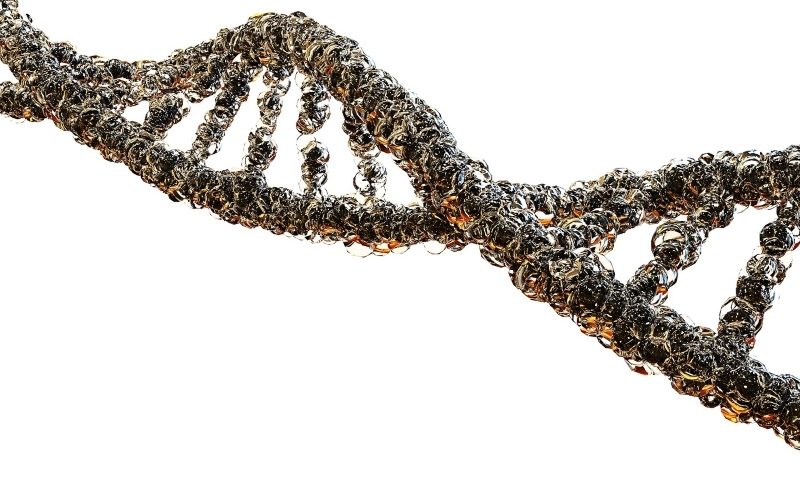Taysha Gene Therapies has raised $95 million to take four gene therapies into humans. The series B, which comes months after Taysha’s $30 million seed round, positions ex-AveXis executives to build a biotech with a broad gene therapy pipeline and infrastructure to match.
After selling AveXis to Novartis for $8.7 billion, CEO Sean Nolan and SVP RA Session II regrouped for a new venture. PBM Capital, an investor in AveXis, came on board to provide seed financing, setting Nolan and Session up to advance a pipeline of CNS gene therapies accessed through a partnership with UT Southwestern.
Taysha has moved quickly since disclosing the $30 million seed round in April. On Wednesday, Taysha said it has raised a $95 million series B round that will enable it to take its lead asset into the clinic this year, file a further three INDs by the end of 2021 and build a commercial-scale production plant.
TSHA-101, a potential treatment for GM2 gangliosidosis, is set to be the first drug to enter the clinic. At the American Society of Gene and Cell Therapy annual meeting in May, UT Southwestern’s Steven Gray, one of Taysha’s scientific advisors, and his collaborators showed delivering the gene therapy to mice via a lumbar puncture may improve symptoms at doses low enough to avoid adverse events.
Taysha has ceded a headstart to Axovant, which began testing a GM2 gangliosidosis gene therapy in humans late in 2018, but is set to start generating clinical data of its own before the year is out.
Led by Session, Taysha plans to file a flurry of INDs to quickly expand its clinical pipeline beyond the GM2 gangliosidosis program. Taysha has identified Rett syndrome prospect TSHA-102 as the next cab off the rank. INDs for SLC6A1 haploinsufficiency disorder treatment TSHA-103 and SURF1 deficiency candidate TSHA-104 are set to follow by the end of 2021.
The four candidates are the most advanced of the 17 gene therapy replacement, microRNA and short hairpin RNA prospects in Taysha’s pipeline. The 17 gene therapies span neurodegenerative diseases, neurodevelopmental disorders and genetic forms of epilepsy. Taysha has an option on four additional programs.
Taysha is initially targeting the sort of rare diseases that have served as a proving ground for gene therapies in general but has aspirations to apply its technology to large patient populations.
With UT Southwestern handling preclinical activities and clinical manufacturing, Taysha is focused on taking the gene therapies through the clinic and onto the market. That focus has led Taysha to set aside some of the series B round for the construction of a manufacturing plant that can operate at commercial scales.
Taysha will likely need more money down the line to advance its broad pipeline and has already put together an investor syndicate that could step up to provide bigger sums when needed. Fidelity led the round with the support of well known and resourced investors including BlackRock, GV, Invus, Perceptive Advisors and Venrock Healthcare Capital Partners.

